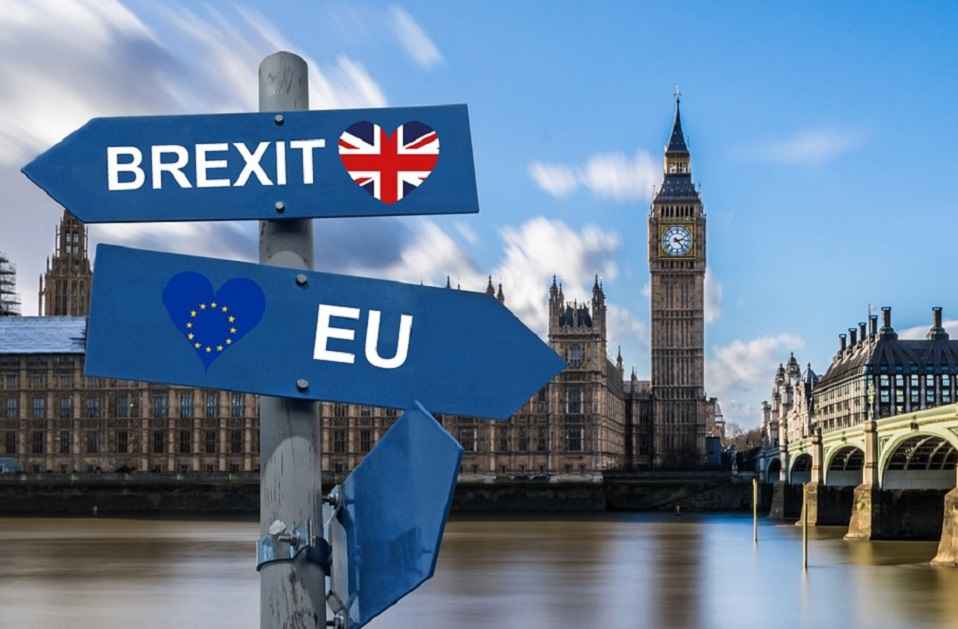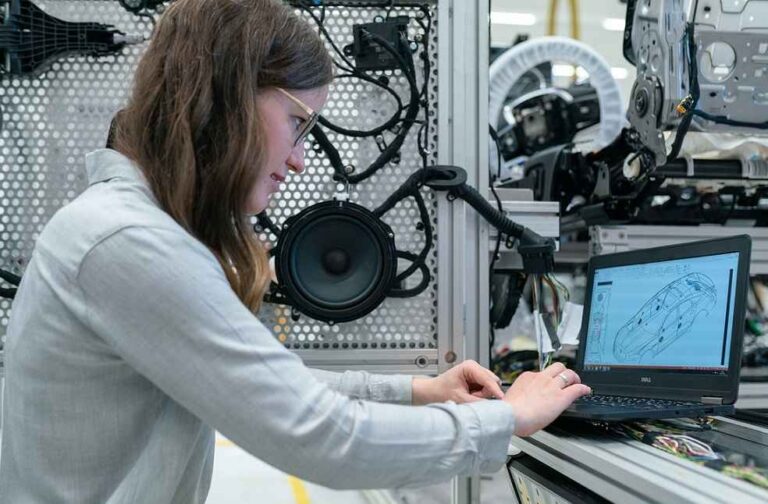The recently enacted EU-UK post-Brexit trade deal is posing a significant threat to the production of electric vehicles (EVs), warns the European Automobile Manufacturers’ Association (ACEA). This looming threat is born from stringent new rules forcing automakers to source a greater proportion of EV components locally or face hefty import tariffs.
Under the trade deal, EVs must comprise 45% of EU or UK content starting from 2024, with a specific 50-60% requirement for their battery cells and packs. Non-compliance with these mandates will attract British or EU import tariffs of 10%.

ACEA highlighted that these regulations could potentially cost European automakers up to 4.3 billion euros (USD 4.7 billion) in tariffs and significantly impact production. At present, these manufacturers heavily depend on battery cells and materials imported from Asia.
Calling for leniency, the ACEA suggested a three-year postponement of the rules, arguing that this window is necessary to boost Europe’s battery production capacity. They estimate that the enforcement of the new rules could oblige European manufacturers to pay up to 4.3 billion euros to the UK government in tariffs over the next three years. This could, in turn, reduce EU production by up to 480,000 units given Britain’s prominent role, accounting for nearly a quarter of all EU EV exports.
The Association has already petitioned the European Commission earlier this month, seeking a review of battery origin rules and a three-year postponement agreement with Britain. With members anticipating only 10% of EVs to comply with the new rules by 2024, they warn of potential loss to competitors from China and other non-EU countries.

Concerns over the fallout from these new rules have even led to the auto giant, Stellantis, voicing warnings last month about possible closures of British car plants without a swift renegotiation of the Brexit deal.
Despite these concerns, the European Commission maintains that the rules are designed to stimulate the growth of a strong battery value chain within the EU. It recognizes Brexit’s transformation of the trading relationship with Britain, but currently shows no intention of changing these rules. Stefan Fuehring, an official overseeing the post-Brexit EU-UK trade agreement, reaffirmed at a conference last week that the EU rules of origin were “fit for purpose”.
OBSERVATION: India’s Mahindra Injects $2.12B: Targets Big Evolution





